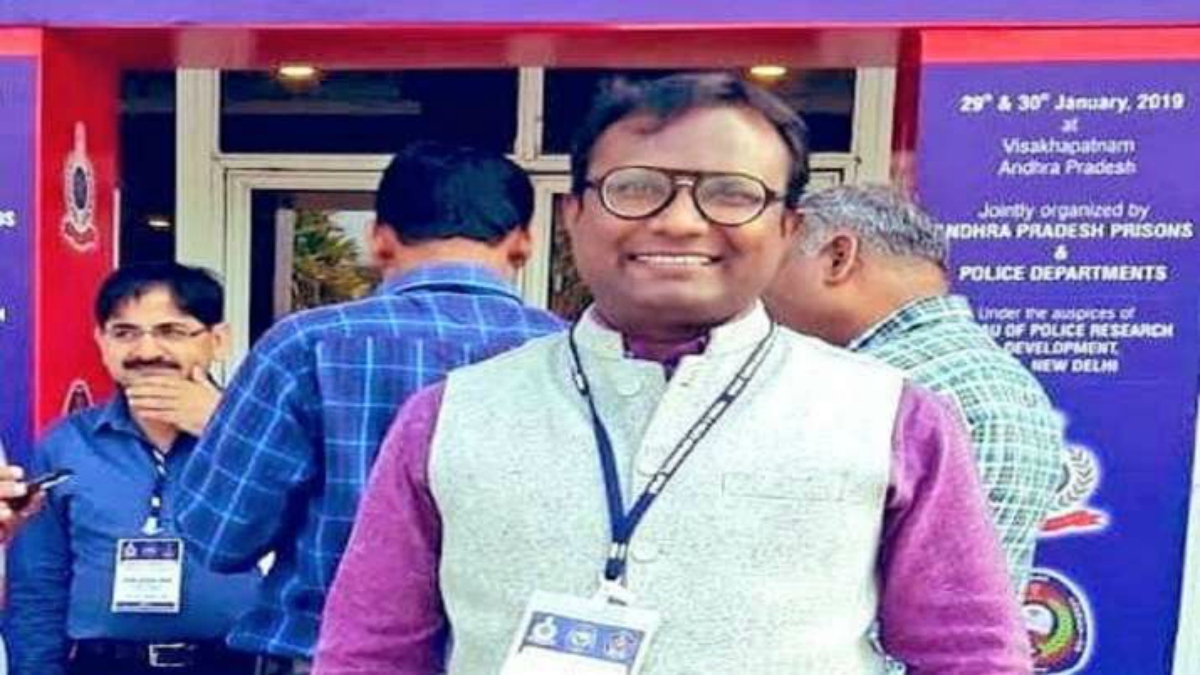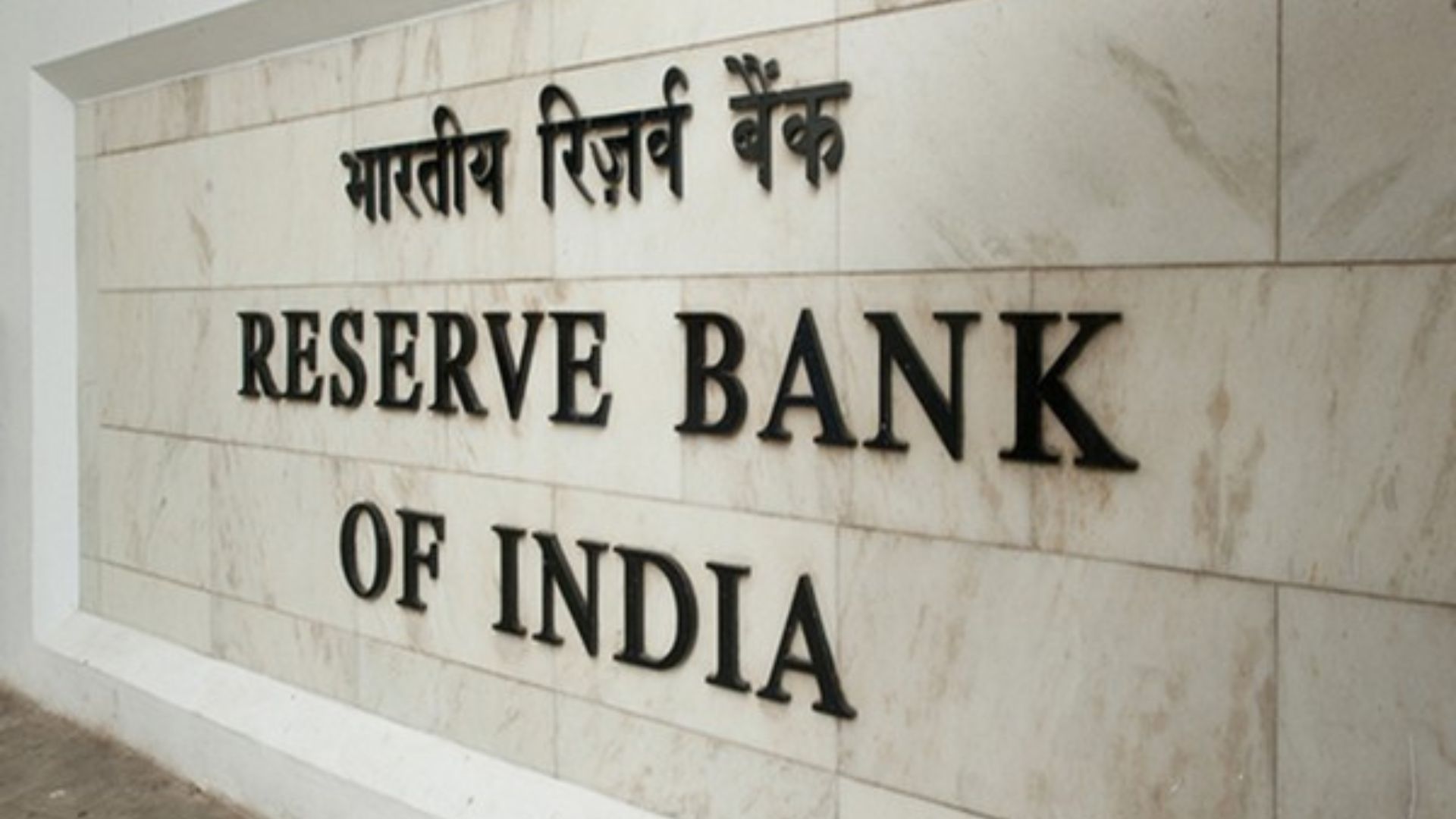He was young. He was committed. But Covid got the better of him. Sudhakar Shinde was yet another officer who demonstrated that despite a variety of constraints, if a civil servant so desired, he could make-it-happen. Born in a poor family in a remote District Parbhani, Maharashtra, he had four brothers and two sisters. HIs mother passed away when he was just four. He assisted his father in selling vegetables in a small town, Tal Palam. The adversity did not deter him from doing well in studies as he got admitted to the Kannad Navodaya Vidyalaya. He subsequently did his M. Tech from Marathwada Agriculture University where he won the Silver Medal. Before qualifying for the Indian Administrative Service in 2015, he joined the state civil service and served as Deputy Collector in the state.
After his mandatory training of two years, Sudhakar got posted as Sub-Divisional Magistrate in Tripura. He held an additional charge of Superintendent of Central Jail, Tripura. It was in his capacity as Superintendent that he got the idea of a project relating to bio-waste. Sudhakar’s knowledge as an M Tech came handy. He requested Sremanta Sankar Mission, Guwahati to develop a project on processing bio-waste in Central Jail to realise goals of “Swachha Bharat”. Consequently, the Mission took up the idea in the form of a CSR project towards setting up a Bio Toilet (Human Waste Management Project) at Tripura Central Jail. The project included setting up of bio-toilet at Tripura Central Jail, Bishalgarh, Tripura. Technology used was to primarily convert human waste and organic waste into two by-products. Gas(methane) could be used for cooking and colourless water-free of bacteria that could be reused for cleaning and irrigation purposes as it contained phosphorus and nitrogen which are natural organic manure/compost. The technology was economical and environment friendly with zero sludge. The project entailed installation of following in the jail premises:
1. Bio-Digester
2. Organic Waste Converter
3. Bio-Gas Reactor
The project had an additional advantage of creating a regime that saved the inmates from pathogenic bacteria. This helped in keeping the atmosphere clean and prevented decontamination of ground water. The waste was recycled as compost and cooking gas.
To ensure that proper potable water became available to the inmates, a water ATM was also installed in the premises.
Sudhakar’s concern for the inmates was not limited to solid waste management. He helped them in developing skills that would stand them in good stead after their release so that they could live as normal citizens. Skill development entailed training in bakery, handloom, bamboo and solar power. He also helped the women inmates by getting them trained in tailoring ladies’ products that had a good market. Utilizing the Indo-Bangla free trade “haat” concept in Bishalgarh, he pushed the products to these markets.
Sudhakar’s initiatives were jus not limited to what he did for the inmates of Tripura Central Jail. They went much beyond it. His idea of solid waste management was also taken up in Bishalgarh Municipal Council area where, as a part of Swachh Bharat Mission, an attempt was made to make the area open defecation free. This initiative too met with substantial amount of success. His concern for environment also got reflected in the installation of solar street in the Municipal Council area and in setting up of community toilets
In the village where Sudhakar came from, he launched a vermi-wash and vermi-compost project. This took a form of a movement in and around his village. It also enabled setting up of an organic farm.
With a view to providing due recognition to the girl child, Sudhakar started yet another initiative. Every girl child in the village now has a tree planted each year on their respective birthdays. Hundreds of trees have been planted so far. This movement will not only benefit the girl child but also the environment.
He was also keen on improving the quality of education because he had himself experienced its impact. The village school was the focus of his attention as he introduced technological tools and motivated the teachers to commit themselves and improve their skills.
As in many parts of the country, the region from where Sudhakar came from was also beset with problem of alcoholism. Sudhakar started a social movement against it with substantial success.
Along with the aforementioned initiatives, in view of water scarcity in the region, Sudhakar put in place a watershed management project
In his last assignment, Sudhakar was OSD to the Additional Chief Secretary, Health in Tripura. He had worked relentlessly to lead the fight against COVID in Tripura. He made numerous visits to GB Hospital, other District Hospitals and COVID Care Centres to ensure state administration’s preparedness against the pandemic. It was perhaps during such visits that he caught the infection and finally succumbed to it.
The initiatives taken by Sudhakar at such a young age and the initial stage of his career were truly exemplary and reflected a vision and maturity much beyond his age. He leaves behind a legacy that will inspire a number of young officers. He truly demonstrated that irrespective of the set of circumstances, a lot can be done by officers. Here was an officer who could make-it-happen.
Anil Swarup has served as the head of the Project Monitoring Group, which is currently under the Prime Minister’s Office. He has also served as Secretary, Ministry of Coal and Secretary, Ministry of School Education.













